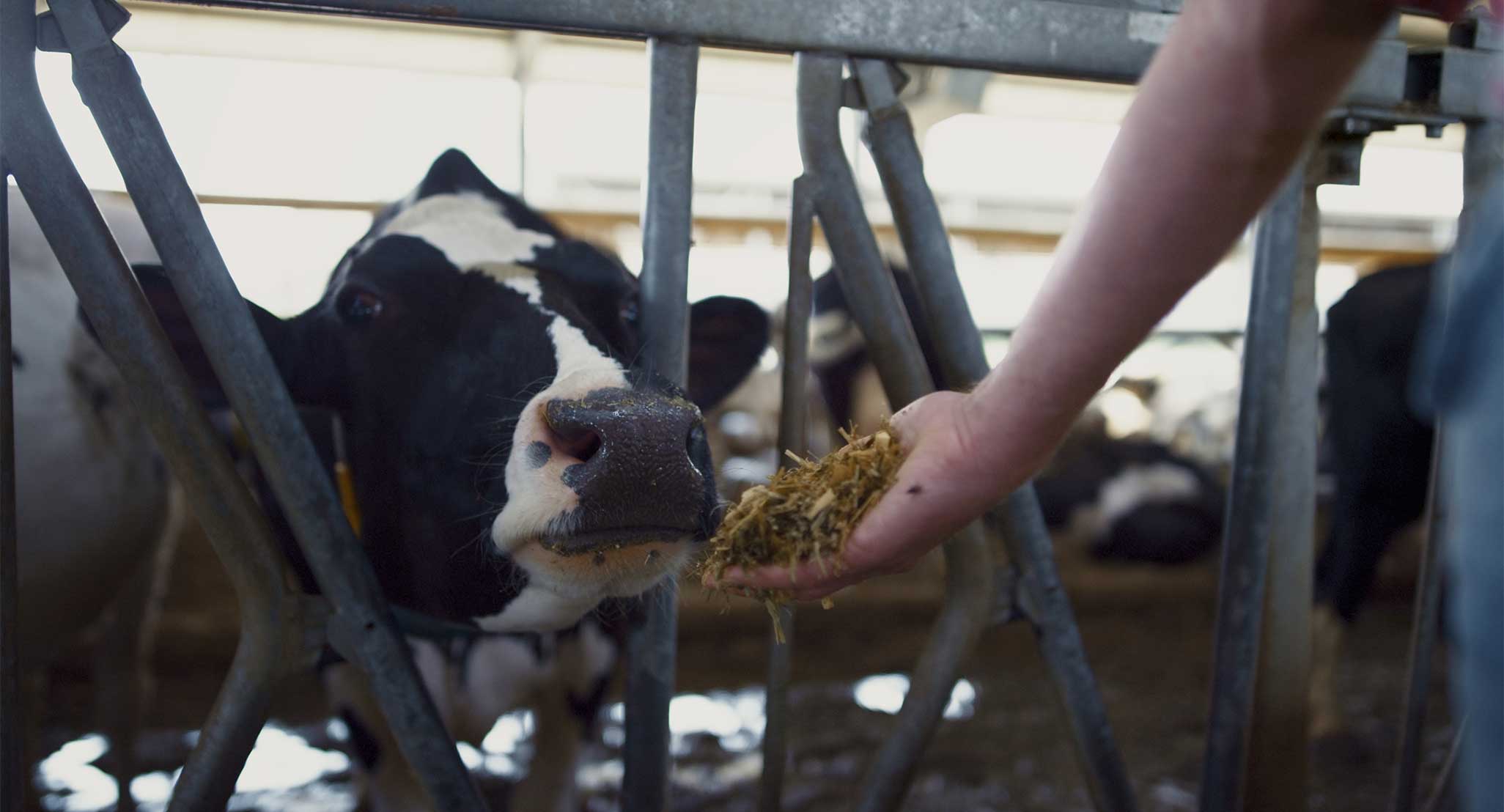Hempseed cake is a highly nutritious viable alternative feed source for cattle, a study by the U.S. Department of Agriculture (USDA) has found.
The study, which the USDA’s Agricultural Research Service carried out with researchers from North Dakota State University (NDSU), found that cattle fed hempseed cake, a byproduct of hempseed oil production, retained “very low levels” of the cannabinoids THC and CBD in muscle, liver, kidney and fat tissues, the farm agency said.
“From a food safety viewpoint, hempseed cake having low cannabinoid content can be a suitable source of crude protein and fiber in cattle feed while offering industrial hemp producers a potential market for this byproduct of hempseed oil extraction,” said David J. Smith, a NDSU research physiologist who led the study.
Fighting for feed
Farmers and hemp product makers in many states are fighting for the right to feed farm animals hempseed cake and other parts of the plant, which are not regulated, due to concerns that cannabinoids could transfer to humans at the end of the food chain.
USDA said the research team found that the concentrations of the compounds in meat products contributed only a small fraction of the total amount of CBD and THC considered safe for consumers by global regulatory organizations.
The study, recently published in Food Additives and Contaminants, is based on trials in which groups of heifers were fed either a control diet or a diet containing 20% hempseed cake for 111 days.
Hempseed cake used in the study contained an average concentration of 1.3 ± 0.8 mg/kg of CBD and THC combined, which is 1/3000 of the legal threshold of 0.3% (3000 mg/kg) THC.
When the feeding period was completed, cannabinoid residues in the liver, kidney, skeletal muscle, and body fat tissue were measured in animals harvested 0, 1, 4, and 8 days after hempseed cake was removed from the diet to learn how quickly cannabinoids are cleared from tissues.

